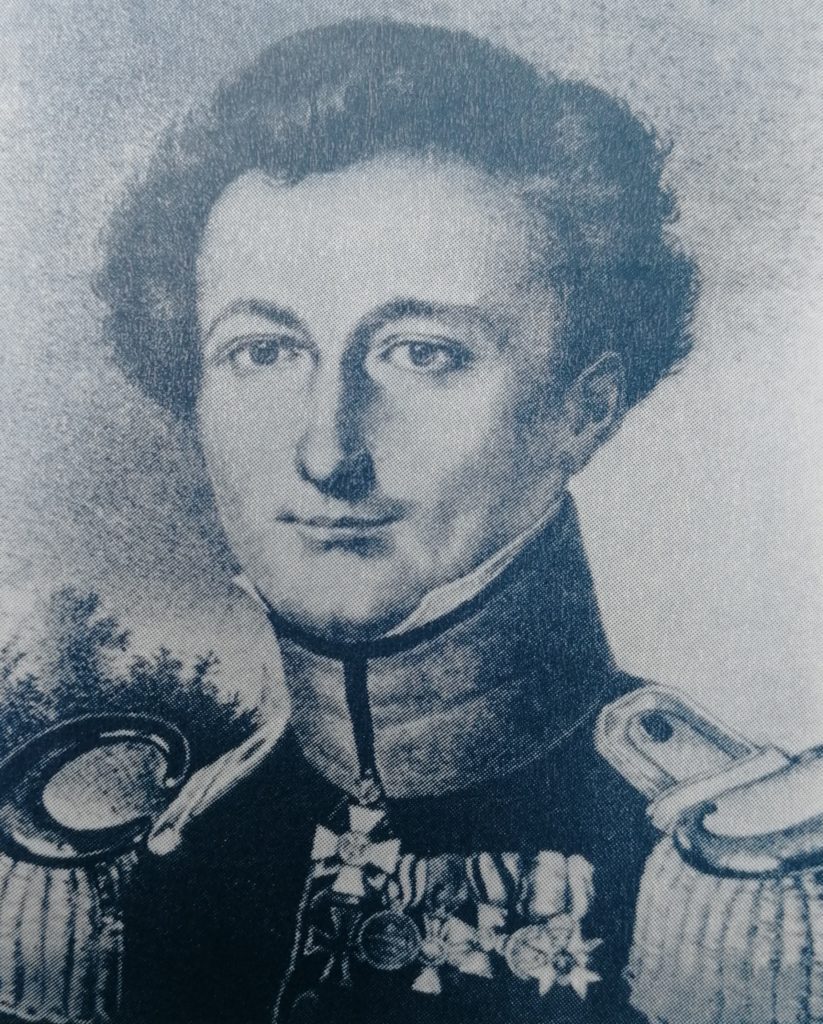A short biography of Carl von Clausewitz to complete our articles on “On War”.

The Beginnings of a Brilliant Strategist
Carl von Clausewitz was born on June 1, 1780, in Burg bei Magdeburg, Prussia, into a family of the minor nobility. His early entry into the Prussian army at the age of 12 marked the beginning of a promising military career. His time at the Berlin Military Academy shaped his convictions, as he was influenced by the revolutionary ideals of France.
On the Battlefield
Carl von Clausewitz was shaped by the Napoleonic Wars. His presence on the European battlefields profoundly influenced his understanding of war and its implications.
At Jena, the Prussian army suffered a crushing defeat against the Napoleonic forces. Clausewitz witnessed the brutal collapse of a military institution he had sworn to serve. This experience confronted him with the ruthless reality of modern warfare.
His participation in the Battle of Waterloo as a Prussian staff officer allowed him to closely observe Napoleon Bonaparte’s strategy and contribute to the French emperor’s final defeat.
These battlefield experiences deeply influenced his strategic thinking. It was in the carnage of war that Clausewitz began to develop the fundamental concepts that would shape his major work, “On War”.
In Service of the Tsar
Following the fall of Prussia, Clausewitz joined Tsar Alexander I of Russia. His commitment to the tsar reflected his growing reputation as a military strategist. This period of his life was marked by efforts to modernize the Russian army. He also advised the tsar on military strategy.
After the War: Development of Clausewitzian Thought
At the end of the Napoleonic Wars, Clausewitz dedicated a significant part of his life to furthering his reflection on war and military strategy. He wrote several works and articles that enriched his thinking and expanded his influence. However, his most famous work remains “On War”, albeit unfinished at his death.
Clausewitz‘s Legacy
Clausewitz died of cholera on November 16, 1831, in Breslau, Silesia, at the age of 51. He left behind a lasting legacy in the field of military strategy. His thinking continues to inspire future generations in their understanding of war and international politics. He undoubtedly occupies a place among the greatest military thinkers in history.
Marie von Clausewitz
In conclusion of our biography of Clausewitz, a word about Marie von Clausewitz. Carl’s devoted wife played an essential role in preserving and disseminating her husband’s ideas after his death. Indeed, after Carl’s passing, she took charge of the posthumous publication of “On War”, an unfinished work. Her dedication to spreading Clausewitz’s ideas contributed to solidifying his place among the greatest military thinkers of all time.
After Clausewitz Biography
Also read War is the Continuation of Politics by Other Means
